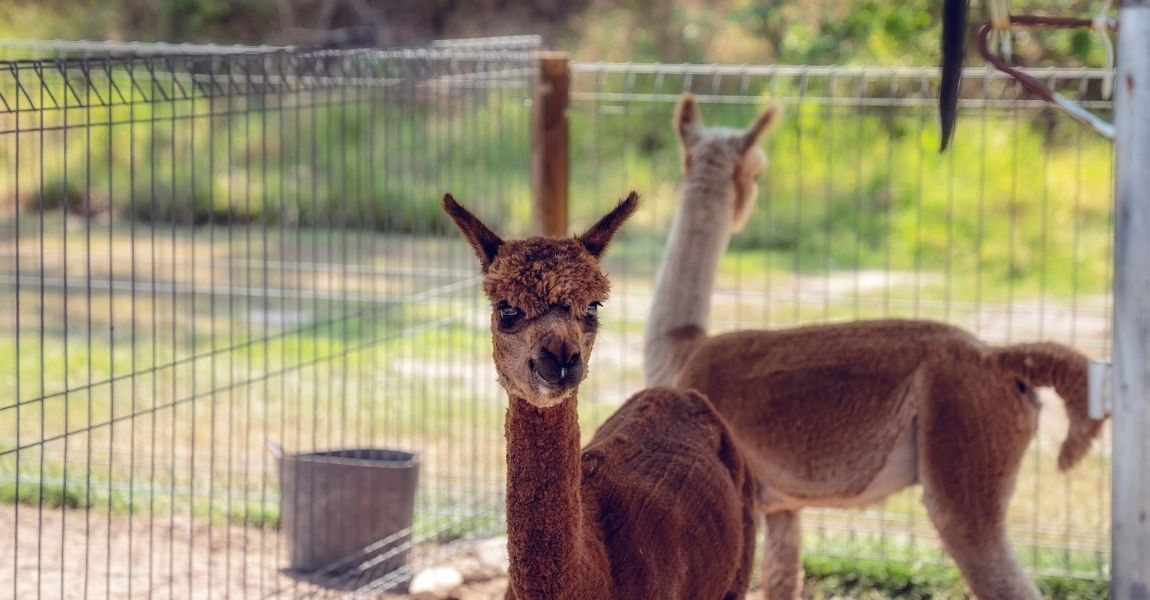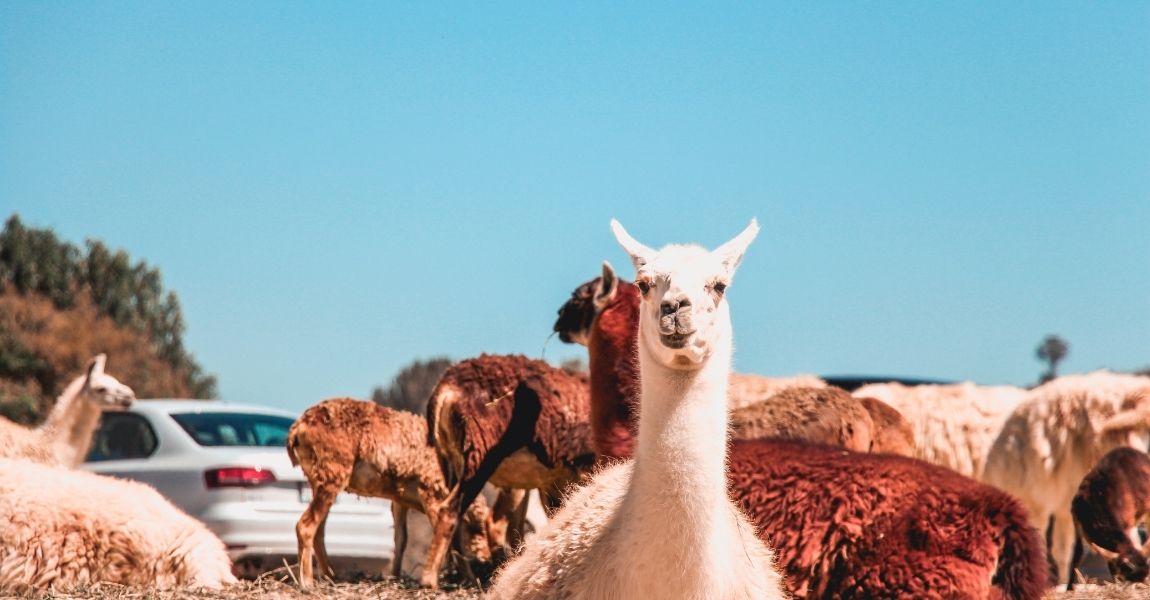Introduction:
Alpacas are delightful and endearing animals that have gained popularity as pets, fiber producers, and companions. If you're considering adopting alpacas, it's important to be well-informed and prepared for their unique needs and requirements. In this article, we will explore essential considerations to help you make an informed decision before bringing alpacas into your life.
Space and Shelter:
Alpacas require adequate space to roam and graze. A minimum of half an acre is recommended for two to three alpacas, but more space is always better. Fenced pastures or grazing areas with secure boundaries are necessary to protect them from predators and prevent escape. Additionally, provide a sturdy shelter, such as a three-sided barn or a dedicated alpaca shelter, to protect them from extreme weather conditions.
Herd Dynamics:
Alpacas are social animals and thrive in a herd environment. It is best to adopt at least two alpacas, as they provide companionship and reduce stress levels. Ensure proper herd management by understanding their hierarchy, behavior, and compatibility when selecting alpacas for your herd.
Veterinary Care:
Prioritize regular veterinary care for your alpacas. Find a reputable veterinarian with experience in treating camelids. Routine health check-ups, vaccinations, deworming, and dental care are essential to maintain their well-being. Establish a relationship with a veterinarian who can provide guidance and emergency care when needed.
Nutrition and Feeding:
Alpacas have unique dietary requirements. They are ruminants, similar to sheep and cows, and have a specialized digestive system. Their diet primarily consists of high-quality grass hay, fresh water, and mineral supplements. Ensure a balanced diet and avoid overfeeding or sudden dietary changes to prevent digestive issues.
Fiber Maintenance:
If you are interested in the fiber production aspect of alpacas, be prepared for the necessary maintenance. Alpacas require regular shearing to prevent overheating and maintain healthy fiber growth. Shearing is typically done annually, and the fleece can be used for various fiber projects or sold.
Handling and Training:
Alpacas are generally docile animals but may require proper handling and training to become accustomed to human interaction. Gradual and positive reinforcement-based training methods can help with halter training, leading, and basic commands. Building trust and establishing a bond with your alpacas is important for their overall well-being.
Financial Considerations:
Owning alpacas comes with financial responsibilities. Consider the costs associated with purchasing or adopting alpacas, as well as ongoing expenses such as veterinary care, feed, shelter maintenance, shearing, and general farm management. Plan for the long-term financial commitment required to provide proper care for your alpacas.
Regulations and Permits:
Check local regulations and requirements for keeping alpacas in your area. Some regions may have specific guidelines or permits for owning livestock. Ensure compliance with zoning laws, health regulations, and any necessary permits or licenses before bringing alpacas home.
Education and Support:
Educate yourself about alpacas by attending workshops, seminars, and joining alpaca owner communities. Networking with experienced alpaca owners can provide valuable insights and support. Stay updated on industry trends, health information, and best practices to ensure the well-being of your alpacas.
Conclusion:
Adopting alpacas can be a rewarding experience, but it requires careful consideration and preparation. By understanding their space and shelter needs, herd dynamics, veterinary care, nutrition, fiber maintenance, training, financial commitments, regulations, and seeking educational resources, you can provide a happy and healthy life for your alpacas. Embrace the joy of alpaca ownership while ensuring their welfare and enjoying the unique bond that these enchanting animals can bring into your life.





